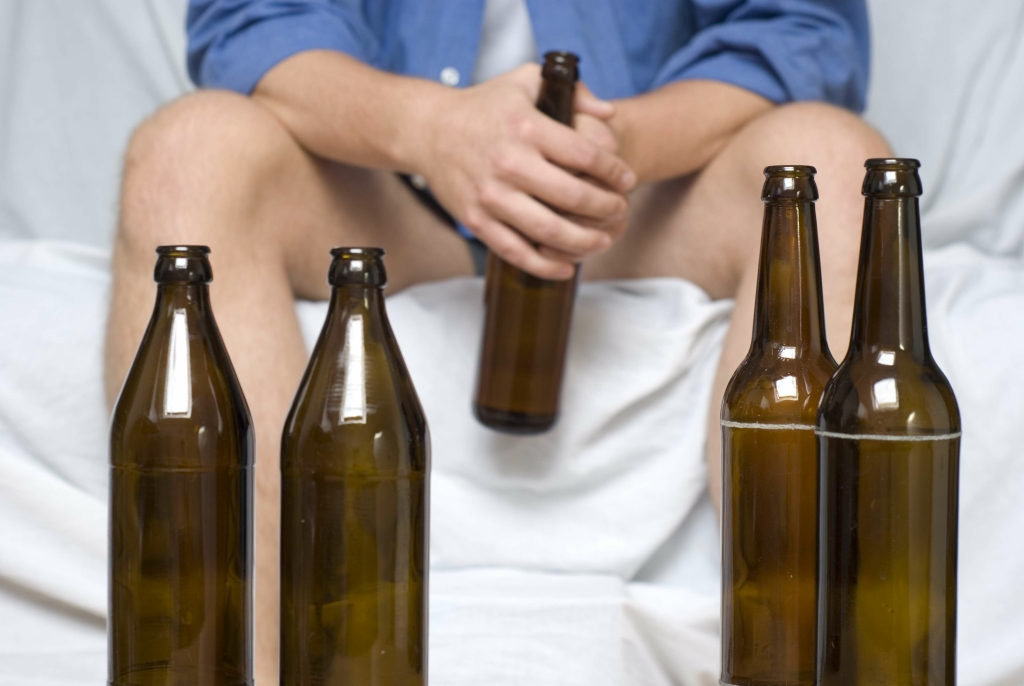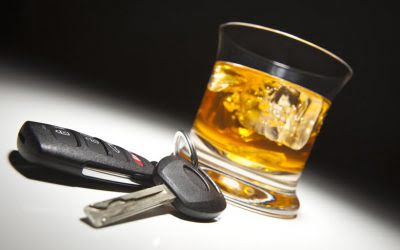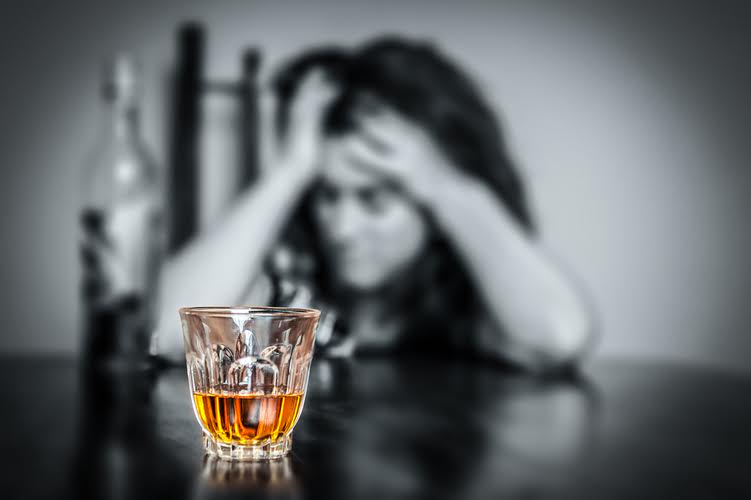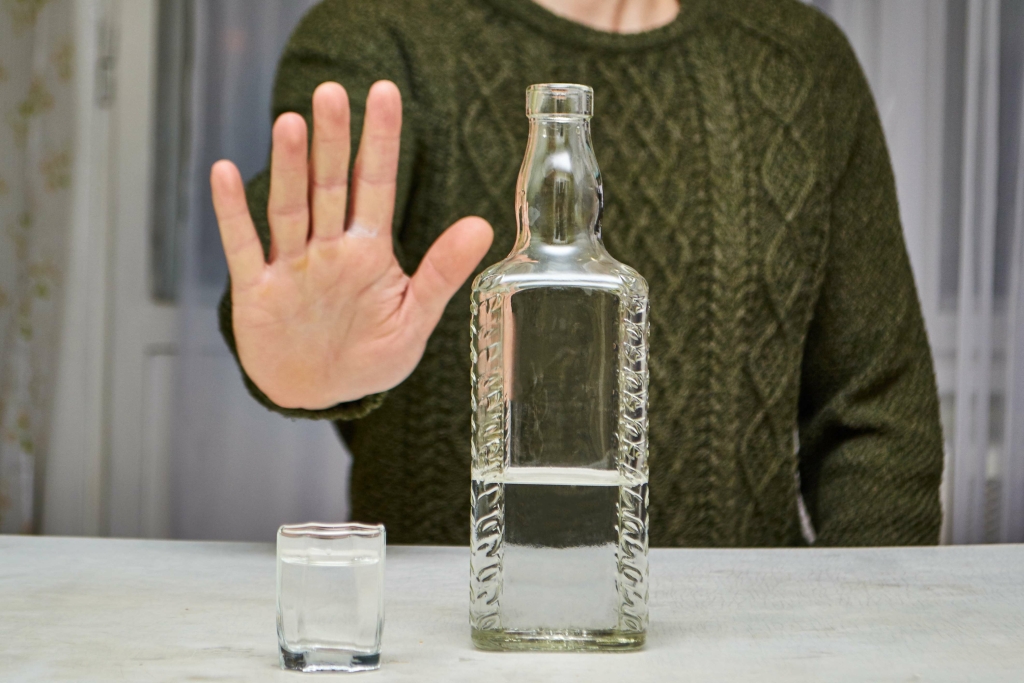Here are three key aspects to consider when aiming to improve life expectancy for alcoholics. Social factors, such as social isolation, strained relationships, and limited access to healthcare, can also impact life expectancy among alcoholics. These factors may hinder individuals from seeking timely medical intervention or receiving the necessary support for recovery. A 2022 study found that heavy alcohol consumption increased a person’s risk for cardiovascular disease.
Substance Abuse and Mortality
Taking the step to seek help and engage in behavioral therapies is a powerful and transformative decision towards a future of sobriety and well-being. That’s because for decades studies were reporting why do alcoholics live so long that moderate drinkers live longer on average. “High-functioning alcoholics” maintain successful jobs and relationships despite problematic alcohol use, often not fitting the common societal stereotype.
- If you’re wondering when you should look for a rehab center, here’s the simple answer – right now.
- Accurately tracking long-term alcohol consumption presents methodological challenges, as self-reported data can be imprecise and comprehensive longitudinal studies are complex.
- Drug rehab is highly effective in aiding long-term sobriety through personalized care, strong support systems, and therapeutic interventions.
- Some people notice improvements in their health within days or weeks of quitting drinking, while others may take months or even years to fully recover.
- For example, moderately drinking alcohol reduces risk of death from cardiovascular diseases (CVD) by almost half.
Why Do Moderate Drinkers Live Longer Than Abstainers?
![]()
Explore alternative ways to achieve sobriety without rehab, including support groups, therapy, lifestyle changes, self-help techniques, and healthy coping strategies for lasting https://smartdbi.com/2022/01/14/cirrhosis-of-the-liver-life-expectancy-stages-2/ recovery. Unveil the effects of daily alcohol consumption on your health, relationships, and overall well-being. Detoxing from benzodiazepines requires a slow, supervised tapering process to safely manage withdrawal symptoms and reduce risks, with professional support essential.

Life Expectancy of an Alcoholic
- Alcohol consumption can lead to nutrient deficiencies by interfering with vitamin and mineral absorption.
- Even so, after taking into account the confounding factors, the researchers found that moderate drinker was still more likely to live longer than the abstainer or heavy drinker.
- Because they naturally produce less of the enzyme that breaks down alcohol in the stomach and liver.
- It is important to remember that everyone’s journey to recovery is unique, and personalized treatment plans are essential to address the specific needs of each individual.
- In fact,recent researchby The Recovery Village has found heavy drinking can increase your risk of cancer by 48% by itself.
In addition, moderate drinkers are generally less likely to suffer other diseases such as these. You can get all the help you need in treating alcohol addiction at New Breath Recovery Rehab. You will find comfortable single or double apartments with everything you need, a chef who will prepare your favorite dishes, well-thought-out recreation areas and much more. But most importantly, you’ll be welcomed by our doctors and medical staff who know what you need to do to get back to a normal sober life. In the body of a person suffering from alcohol dependence, increased concentrations of toxic acetaldehyde and active oxygen molecules, which can damage DNA and disrupt natural processes of vital activity. The term “alcoholic” is drug addiction treatment often used broadly, but it refers to a spectrum of conditions now medically classified as Alcohol Use Disorder (AUD).
Protective Lifestyle Factors
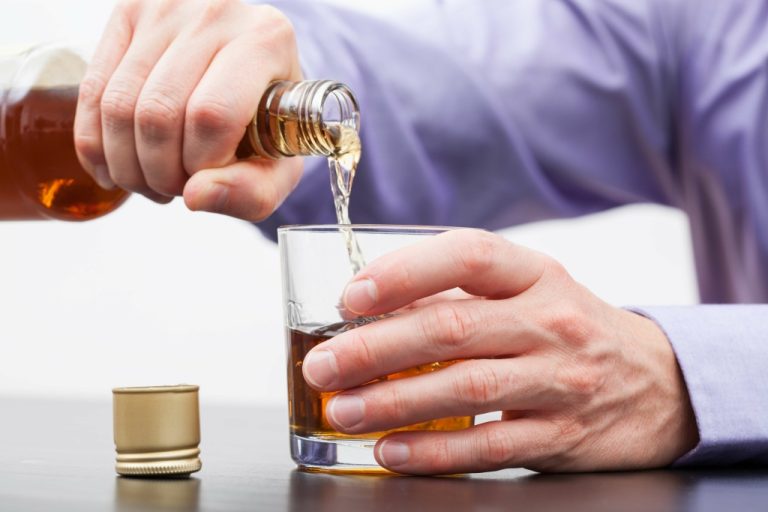
When the normally high level of alcohol in a person’s body begins to drop, they may feel physically ill. They may only feel well when they maintain a consistent level of alcohol in their bloodstream. As the stage progresses, the disease takes hold and develops into middle-stage alcoholism. When alcohol enters the bloodstream, one of the central impacts isslowing the rate of communication between nerve cells.


